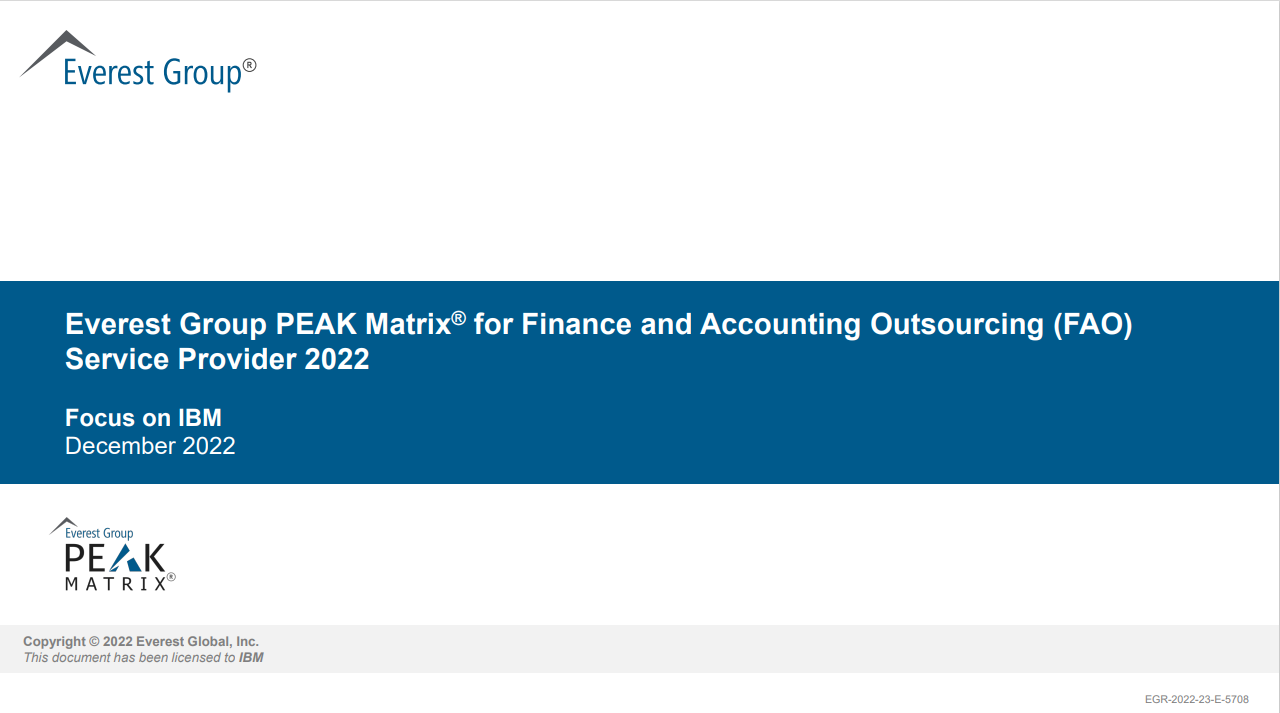Shell's IT outsourcing plans lambasted
NOA and Unite are concerned about Shell's IT plans, specifically the redundancy packages on offer and the wider impact the move will have on technology's status in the business.


Rumours of oil giant Royal Dutch Shell outsourcing more than 3,000 tech jobs have been met with anger and caution by key industry bodies who are concerned about the impact the decision may have on both IT staff and IT itself.
Industry union Unite (formerly Amicus) is believed to be considering legal action over Shell's redundancy packages, which offer IT staff up to 50,000 - a sum that is somewhat overshadowed by the 200,000 up for grabs when oil rig workers are made redundant.
While - in a warning that has wider industry implications for other companies keen to embrace the cost savings and other benefits on offer from outsourcing - National Outsourcing Association (NOA) is concerned that the move could potentially devalue the perceived role of IT in the company.
Outsourcing best practice is key, with the need for companies like Shell to involve unions right from the start at the top of the list, according to Martyn Hart, the NOA's chairman.
"What is of interest here is how Shell seems to treat its IT workers, in comparison to their oil rig workers. Shaving 75 per cent off their redundancy package looks like a fiscal kick in the teeth. And it's not just a monetary issue. This action could undermine the importance of IT's role within the company. IT is fundamental to the functioning of all organisations and Shell - and other companies - would do well to remember that," he said.
HR and procedures need to be "watertight" with communication and transparency being critical when it comes to outsourcing, according to Hart.
Furthermore, he said, when companies outsource they often experience issues with staff that remain.
Get the ITPro daily newsletter
Sign up today and you will receive a free copy of our Future Focus 2025 report - the leading guidance on AI, cybersecurity and other IT challenges as per 700+ senior executives
"Shell would also be wise to remember that it hasn't offshored all IT jobs - the company is bound to retain an element of its IT personnel in the UK," he said. "How will the remaining staff be feeling? Not only will they feel undervalued, they could also feel a sense of uncertainty towards their future with Shell. Morale will be low."
News of Shell's outsourcing plans, which put AT&T, EDS and T-Systems in the frame, came to light via an internal company email forwarded to an unofficial site dedicated to providing news and insider information about Shell.
Shell hasn't yet put out an official announcement about its final IT outsourcing plans, but Michiel Brandjes, the company's secretary has responded to an email he received from the site where the rumours surfaced.
"The email is authentic," he said in an email. "It is not a matter of a leak though. Shell is currently in the midst of finalising contract negotiations with selected suppliers to outsource IT Infrastructure. This has been public knowledge since the announcement of a study to outsource a substantial part of IT Infrastructure to a few selected suppliers in Oct 2005. This decision has been the outcome of a transparent process involving employees and relevant works council."
IT PRO contacted Shell regarding the issue and a spokeswoman reiterated the areas outlined in Brandjes' email.
However, she was unable to officially confirm the number of employees that may be affected or provide any additional specific details or respond to the NOA's comments and proposed action by Unite.
Maggie has been a journalist since 1999, starting her career as an editorial assistant on then-weekly magazine Computing, before working her way up to senior reporter level. In 2006, just weeks before ITPro was launched, Maggie joined Dennis Publishing as a reporter. Having worked her way up to editor of ITPro, she was appointed group editor of CloudPro and ITPro in April 2012. She became the editorial director and took responsibility for ChannelPro, in 2016.
Her areas of particular interest, aside from cloud, include management and C-level issues, the business value of technology, green and environmental issues and careers to name but a few.
-
 Cleo attack victim list grows as Hertz confirms customer data stolen
Cleo attack victim list grows as Hertz confirms customer data stolenNews Hertz has confirmed it suffered a data breach as a result of the Cleo zero-day vulnerability in late 2024, with the car rental giant warning that customer data was stolen.
By Ross Kelly
-
 Lateral moves in tech: Why leaders should support employee mobility
Lateral moves in tech: Why leaders should support employee mobilityIn-depth Encouraging staff to switch roles can have long-term benefits for skills in the tech sector
By Keri Allan
-
 Magic quadrant for finance and accounting business process outsourcing 2024
Magic quadrant for finance and accounting business process outsourcing 2024whitepaper Evaluate BPO providers’ ability to reduce costs
By ITPro
-
 Capita CEO to be replaced by AWS exec
Capita CEO to be replaced by AWS execNews Jon Lewis is leaving Capita after more than five years
By Richard Speed
-
 Everest Group PEAK Matrix® for Finance and Accounting Outsourcing (FAO) service providers 2022
Everest Group PEAK Matrix® for Finance and Accounting Outsourcing (FAO) service providers 2022Whitepaper Understanding and assessing FAO service providers based on their vision & capabilities and impact on the FAO market
By ITPro
-
 Botched IT upgrade inadvertently cuts pay for Next employees
Botched IT upgrade inadvertently cuts pay for Next employeesNews Salary issues have dogged the retailer since February after it outsourced payroll to Oracle
By Bobby Hellard
-
 HCL Technologies accused of underpaying H-1B workers by $95 million per year
HCL Technologies accused of underpaying H-1B workers by $95 million per yearNews Report claims the Indian IT outsourcing firm has committed wage theft and called on the federal government to curb abuses of the visa programme
By Zach Marzouk
-
 Podcast transcript: How umbrella companies exploit IT contractors
Podcast transcript: How umbrella companies exploit IT contractorsIT Pro Podcast Read the full transcript for this episode of the IT Pro Podcast
By IT Pro
-
 The IT Pro Podcast: How umbrella companies exploit IT contractors
The IT Pro Podcast: How umbrella companies exploit IT contractorsIT Pro Podcast Is tighter regulation needed to stop workers from being cheated out of earnings?
By IT Pro
-
 MPs blast ‘unacceptable’ rise in online banking failures
MPs blast ‘unacceptable’ rise in online banking failuresNews Select committee also brandishes third-party cloud providers as a "source of systemic risk"
By Keumars Afifi-Sabet